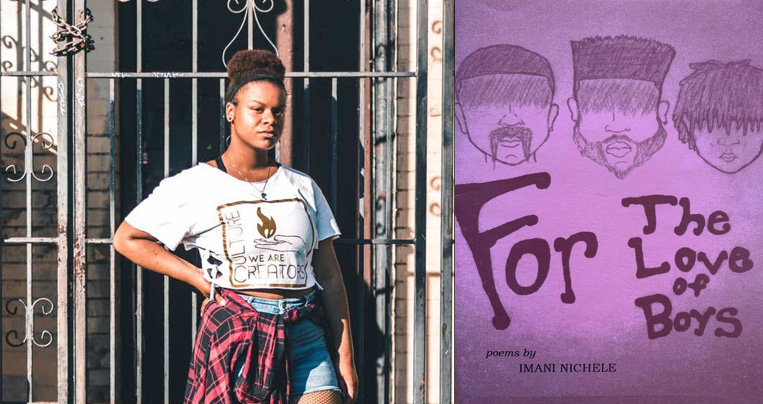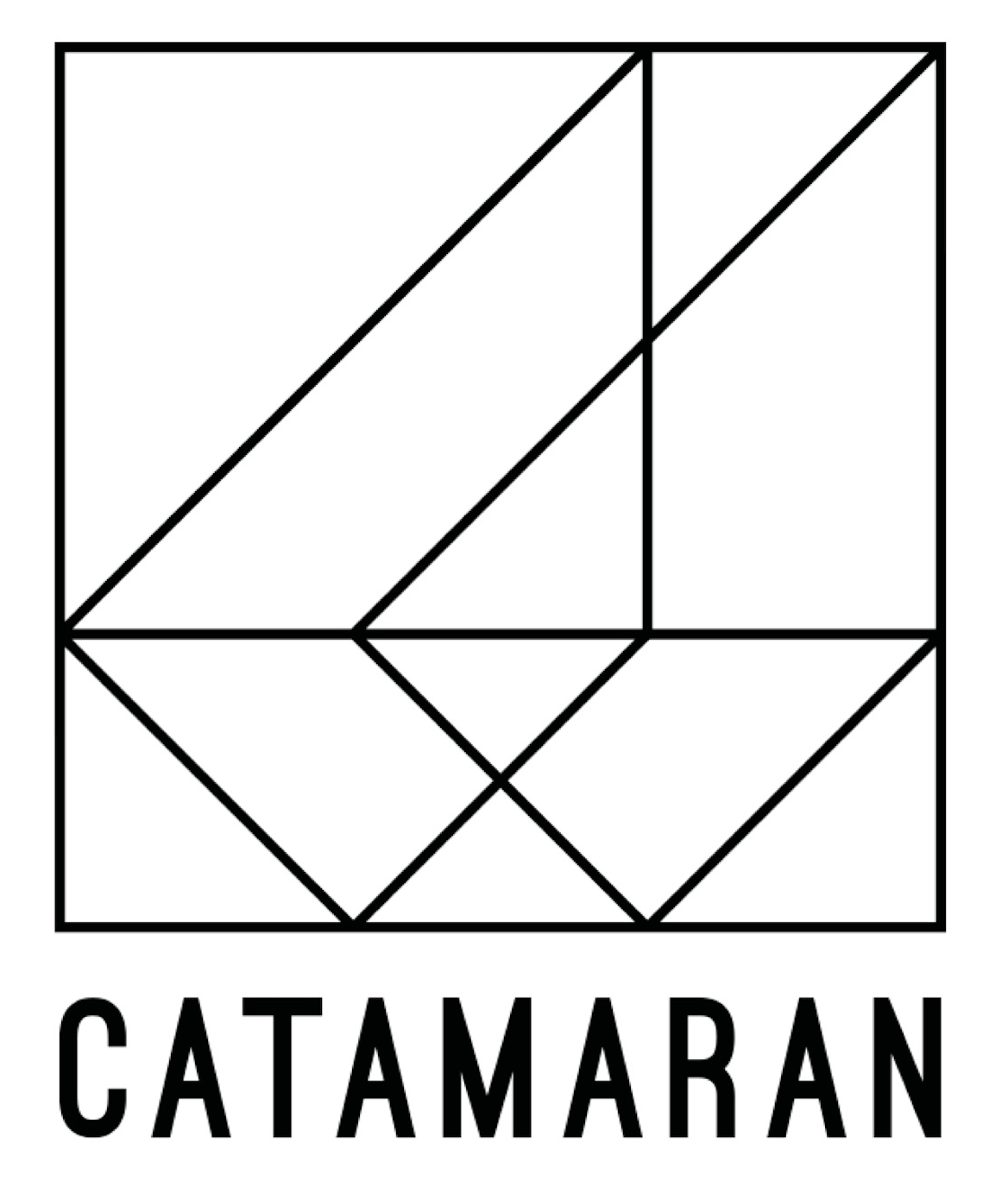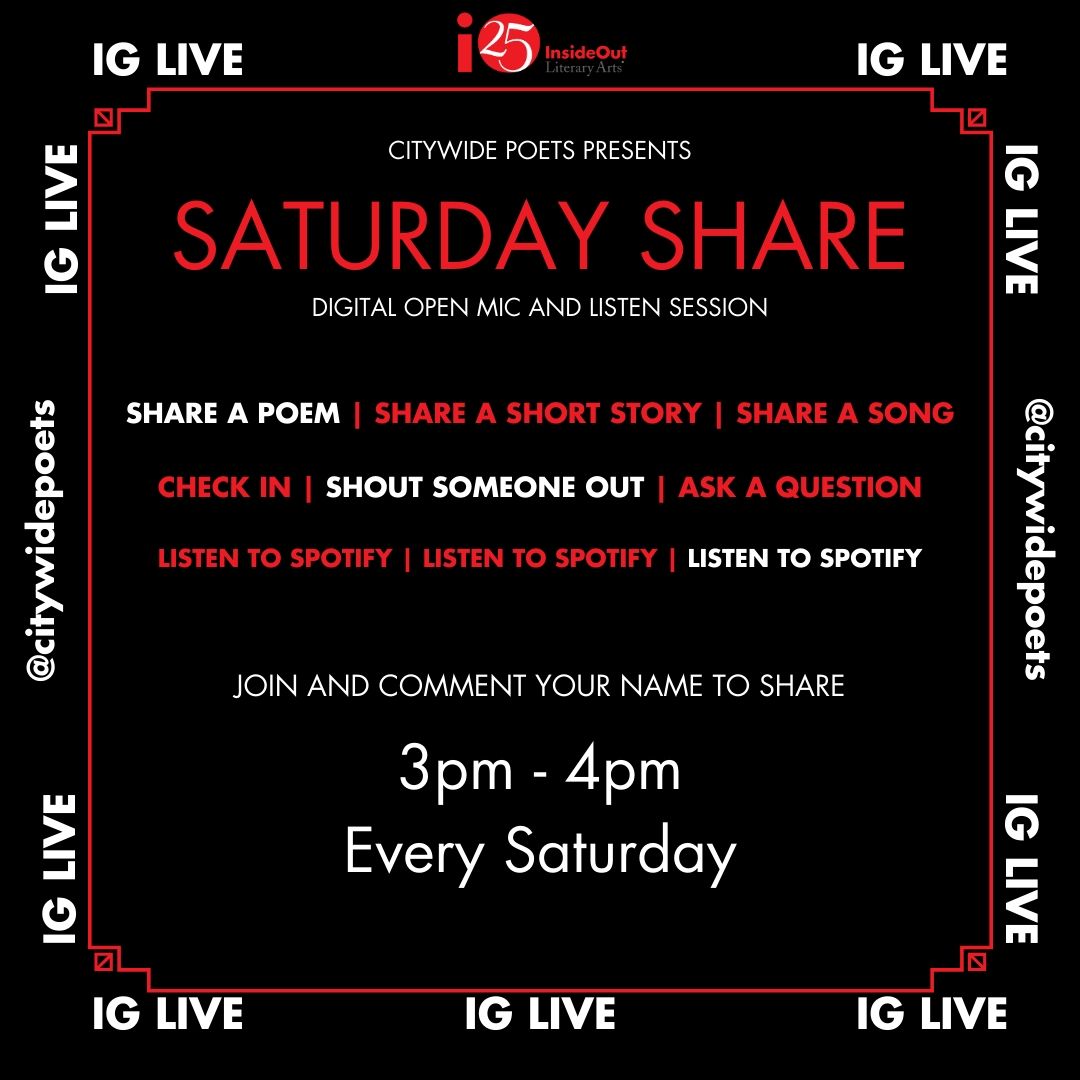For the Love of Boys
Temperatures are rising in the Midwest in these first weeks of a long-awaited spring as we continue to track whether COVID-19 cases are reducing. Michigan is still under a stay-at-home order, which makes it difficult to enjoy the warm weather but perfect for sitting down and reading some more books by Detroit authors.
For the Love of Boys by Imani Nichele is a collection of poetry written during her term as the 2018 Detroit youth poet laureate. The chapbook opens with a thoughtful preface that helps frame the book for the reader: “When you approach this body of work, I ask that you come knowing this is not heartbreak or about bitterness or a bite back at love gone sour. This within itself is not a cry for a father. It is coming of age. It is my capacity to hold men broadening, within and through different relationships.” She further describes this collection as an examination of how when boys transition into men, they are allowed space to still operate in boyhood. This touches on her thoughts of linear time being meaningless when becoming an adult in these lines:
“All of the clocks are broken here / in a tight room / Only enough space for our bodies to be pendulum”
I love the images associated with the body in this collection as exemplified in these lines:
“I imagine my father is a bloodless boy, with running feet / split-chested & / picking everything broken from inside of him”
Nichele further makes efforts to better understand her body and standing in the world with two poetic definitions of disambiguation that split the collection into thirds. In these, Nichele sees her body as a weapon and “full of answers and opinions and dying things.”
I am so proud of this young voice! Nichele has since sold out of her chapbook, but has announced that her first full-length manuscript, If You Must Know, is coming soon. I look forward to the release of this collection and will share it with you once it is out!
Imani Nichele, author of the chapbook For the Love of Boys. Justin Rogers is the literary outreach coordinator for Poets & Writers in Detroit. Contact him at Detroit@pw.org or on Twitter, @Detroitpworg.






